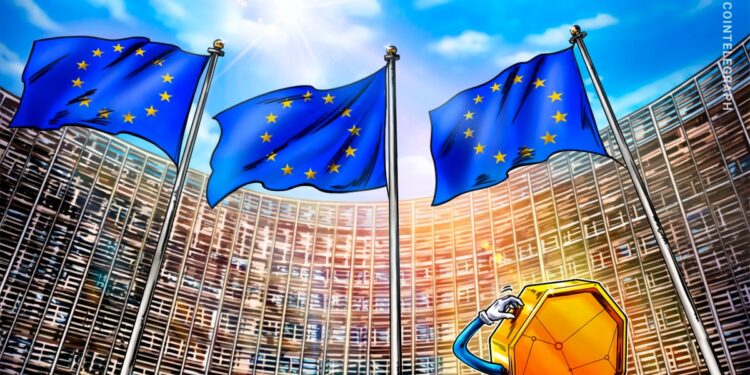
Because the European Union rolls out its landmark Markets in Crypto-Assets (MiCA) framework, the legislation’s key promise of a unified market is already underneath strain.
Within the newest episode of Byte-Sized Perception, Cointelegraph explored whether or not MiCA can dwell as much as its promise.
Guarantees vs actuality
The regulation was designed to simplify operations for crypto corporations by introducing a single licensing system throughout all 27 member states. As soon as licensed in a single nation, firms would have the ability to “passport” their providers throughout the bloc with out navigating a patchwork of native guidelines.
However lower than a 12 months into implementation, nationwide regulators in nations together with France, Italy, and Austria are voicing concerns that passporting may encourage corporations to decide on jurisdictions with lighter oversight, a observe generally known as regulatory arbitrage.
“Regulatory competitors in Europe is nothing new,” mentioned Jerome Castille, head of compliance and regulatory affairs for Europe at CoinShares.
“We noticed retail buying and selling platforms flock to Cyprus and Malta underneath MiFID. With MiCA, the expectation was that this time it might be totally different. However once more, we form of see corporations selecting jurisdictions seen as extra accommodating. And if folks begin considering that not all licenses are equal, then the entire single market promise goes away.”
The problem, in accordance with Castille, just isn’t an absence of guidelines however an absence of constant implementation. “Europe already has a really excessive stage of investor safety and doubtless the best globally,” he defined.
“The true problem proper now’s making certain that MiCA is totally applied. With out formal steerage, nationwide regulators are making their very own name. That’s the place divergence and even regulatory arbitrage comes from. If we get that proper, the market turns into each secure and enticing for international gamers. If we don’t, innovation will look elsewhere.”
Associated: BitGo secures license to launch regulated crypto trading in Europe
Little fish large pond
For smaller corporations, the rollout is proving notably difficult. Marina Markezic, govt director of the European Crypto Initiative, famous that capability gaps between regulators and the tempo of recent guidelines may squeeze startups out of the market.
“It is extremely intense to be compliant in a really quick period of time,” she mentioned.
“For the most important ones, having one single entry to the entire European Union market is actually optimistic. However sadly, for the smaller firms, it’s a extremely large burden and they won’t survive this course of.”
Whereas MiCA was Europe’s bid to steer on crypto regulation, its success will depend upon whether or not the principles are utilized evenly throughout the bloc.
As Markezic added, “There are 27 totally different nationwide competent authorities supervising the identical regulation. Some are larger, some smaller, some extra skilled, some much less. It’s actually a take a look at for Europe to see if we’re capable of supervise constantly.”
Hearken to the complete episode of Byte-Sized Perception for the whole interview on Cointelegraph’s Podcasts page, Apple Podcasts or Spotify. And don’t overlook to take a look at Cointelegraph’s full lineup of different exhibits!
Journal: Stablecoins in Japan and China, India mulls crypto tax changes: Asia Express



















